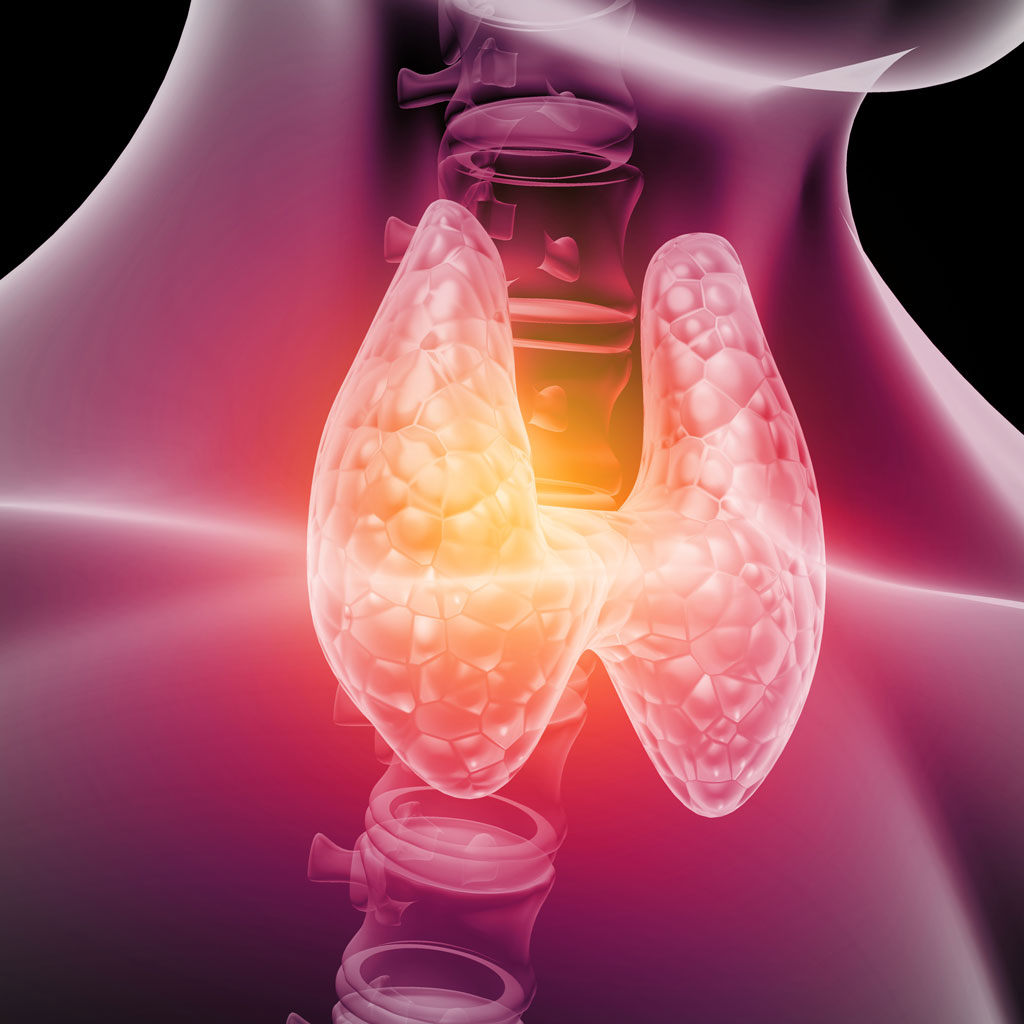When it comes to your health, acting quickly is key, and sometimes that involves undergoing medical procedures to assess and diagnose potential health concerns. If you’ve been advised to undergo a thyroid biopsy, you might be curious, and probably a bit nervous, about what you can expect.
What is a thyroid biopsy?
A thyroid biopsy is a medical procedure performed to evaluate the presence of abnormal cells or detect the presence of cancerous growths in the thyroid gland. The thyroid gland, located in the neck, plays a vital role in regulating various bodily functions through the production of hormones.
The primary goal of a thyroid biopsy is to determine whether a thyroid nodule or mass is benign (non-cancerous) or malignant (cancerous). It helps healthcare professionals make an accurate diagnosis and plan appropriate treatment. Biopsies are typically recommended when there are certain indicators of abnormalities, such as nodules detected through imaging tests, abnormal thyroid hormone levels, or suspicious physical findings.
What to expect during your biopsy
At A.T. Radiology, we specialize in fine-needle aspiration biopsy (FNAB), the most common type of thyroid biopsy. A thin needle is inserted into the thyroid nodule to extract a sample of cells for examination under a microscope. Local anesthesia may be used to minimize discomfort during the procedure. Prior to the biopsy, your healthcare provider will review your medical history, perform a physical examination, and possibly order imaging tests to locate the nodule accurately. They will also explain the procedure, its risks, and address any concerns you may have.
You will be positioned comfortably, usually lying on your back with your neck extended. The area around the nodule is then sterilized, and a local anesthetic may be administered to numb the area. A thin needle will be inserted into the nodule, and a sample will be collected. The procedure usually takes a few minutes, and you may experience some pressure or discomfort, but it should not be excessively painful.
Post-biopsy recovery and results
After the biopsy, the sample will be sent to a laboratory for analysis, and you may be advised to take it easy for the remainder of the day. Mild soreness or a small bruise at the biopsy site is normal and should subside within a few days.
The results of your thyroid biopsy will be communicated to you by your healthcare provider. If the cells obtained are benign, you may require no further treatment. However, if cancerous or suspicious cells are detected, your healthcare provider will discuss the findings with you and recommend further investigations or treatment options.
A.T. Radiology offers many diagnostic services. Visit our locations page to find out what services are offered near you, or call (863) 419-8832 to schedule an appointment.

